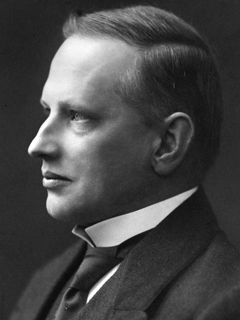

Phenomenology and ontology in Nicolai Hartmann and Roman Ingarden
pp. 329-347
in: Roberto Poli, Johanna Seibt (eds), Theory and applications of ontology, Berlin, Springer, 2010Abstract
The objective of this article is to discuss the problem of ontology in terms of the critique of Husserl's so-called "idealistic turning point" by the two phenomenologists, Hartmann and Ingarden. While different in their approaches to the problem – for Hartmann, it is more a matter a metaphysics of knowledge, while for Ingarden, it involves clarifying the controversy on the existence of the world – both seek to reconstruct an ontology that recovers the meaning of the real world. The relationship between essence and existence is thus re-examined in the light of a different interpretation of reality that moves from a methodological framework that grants validity only to a reduction that is eidetic, rather than transcendental.




